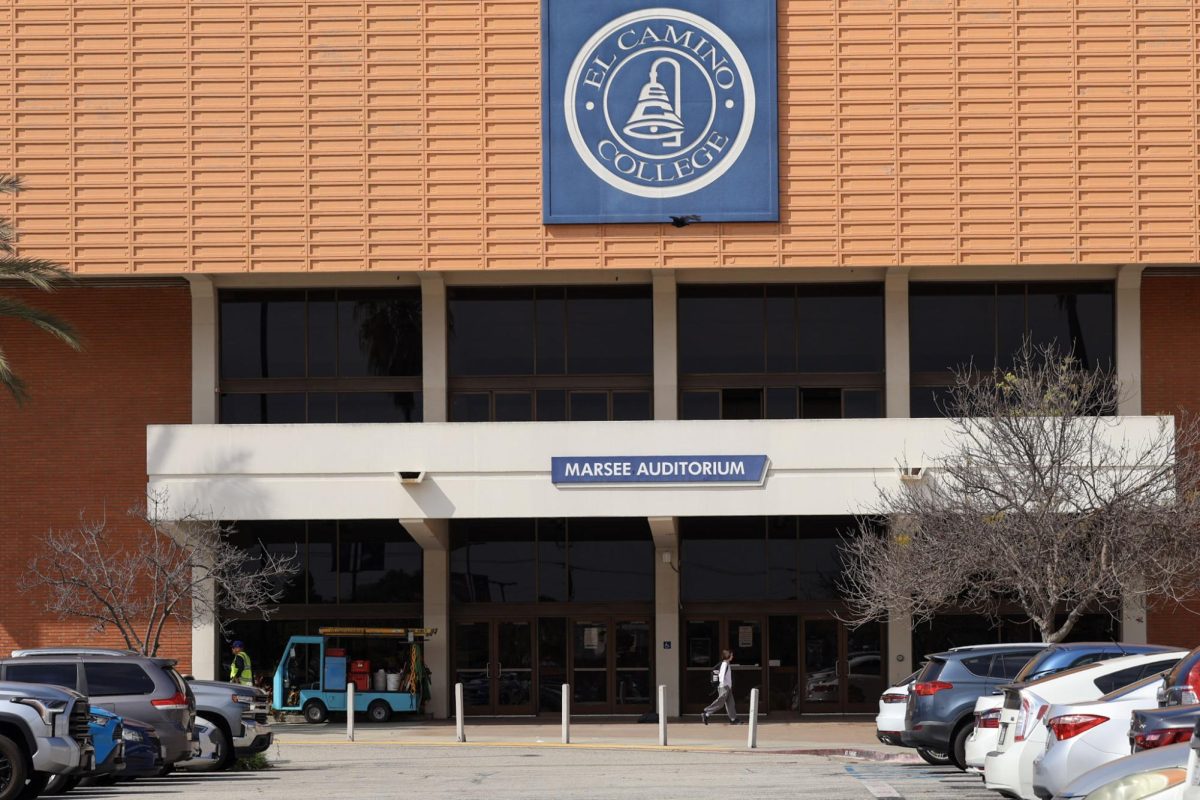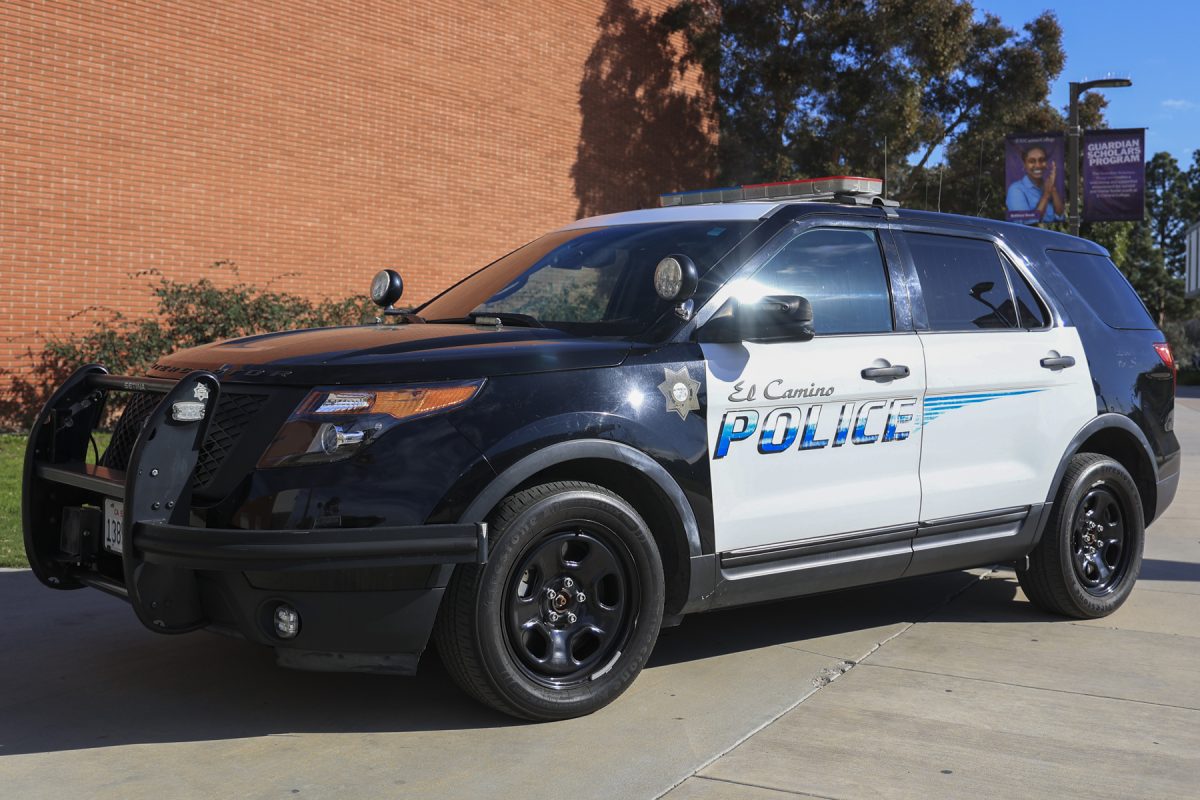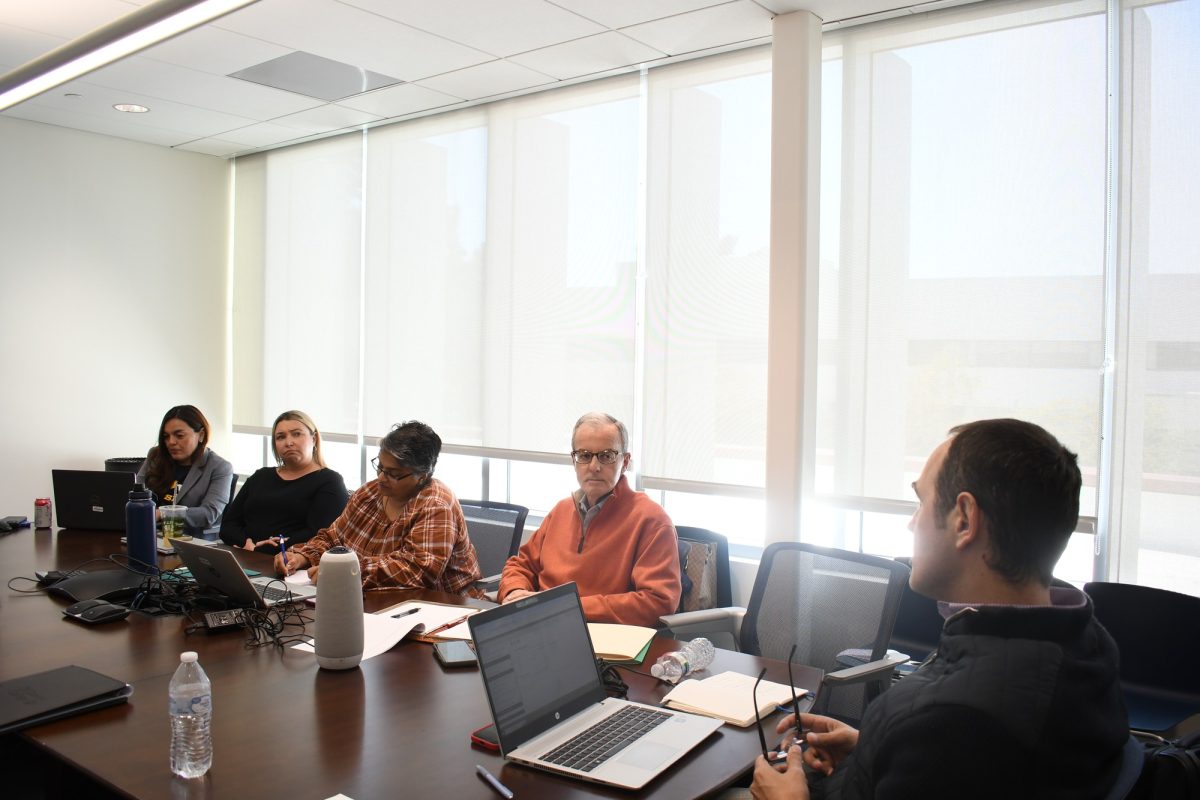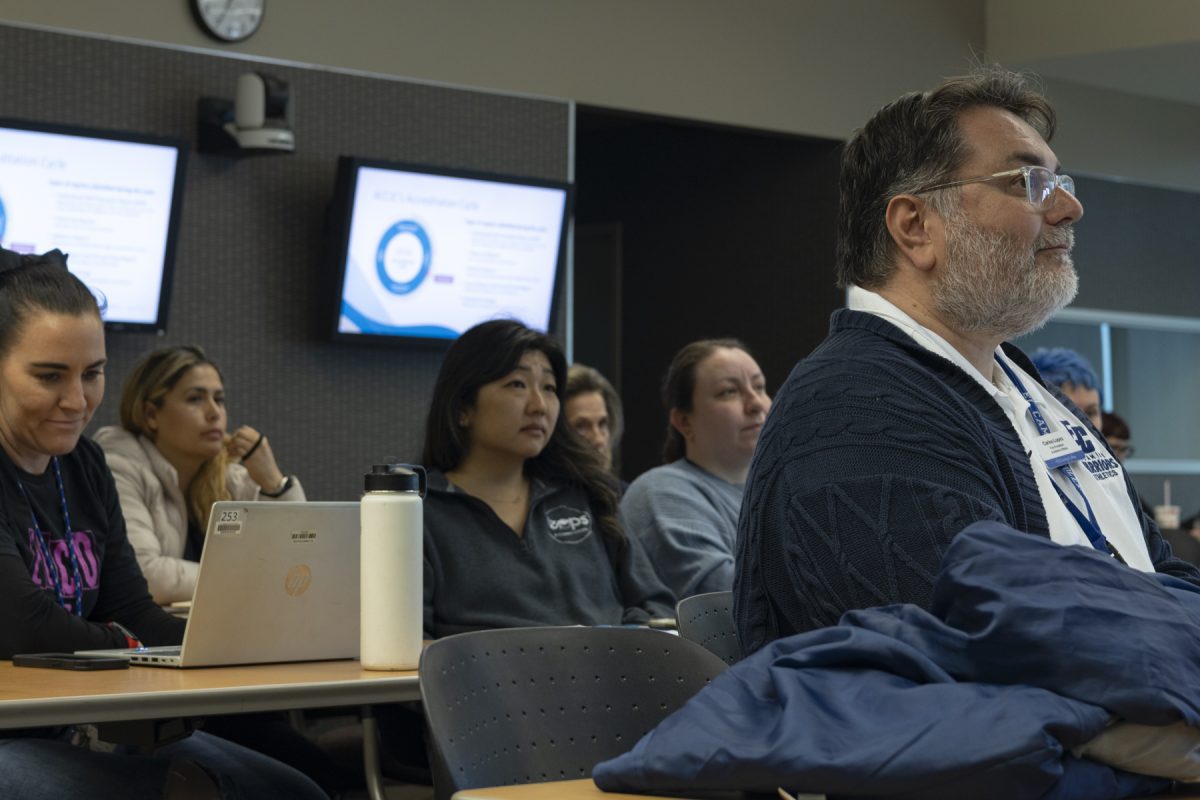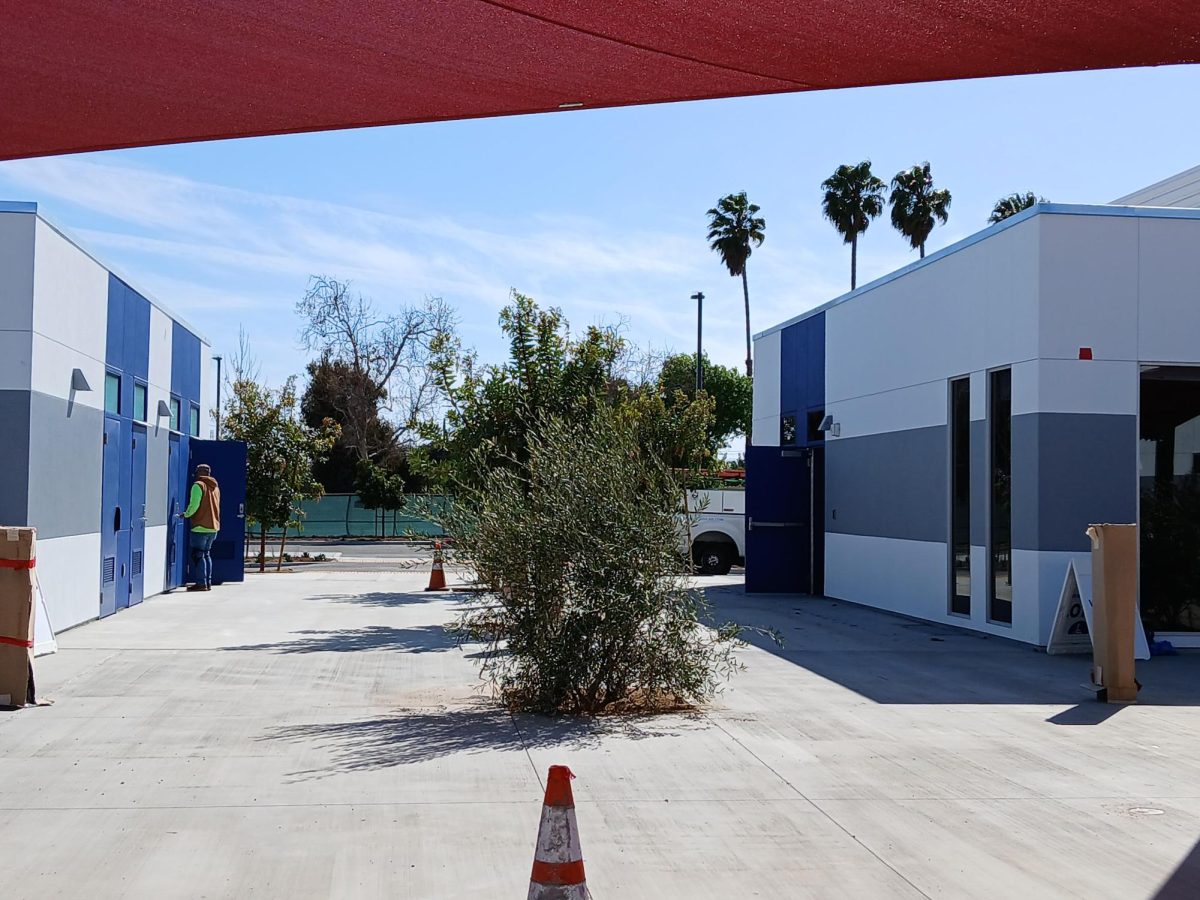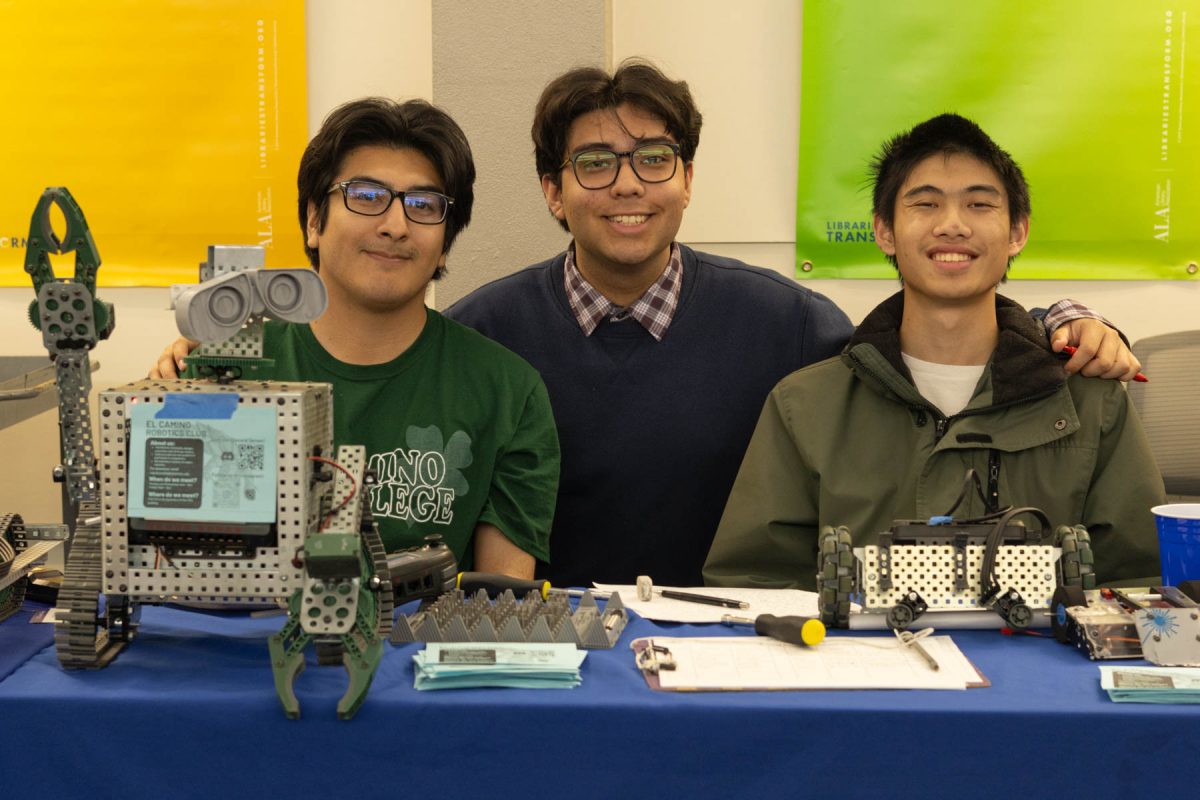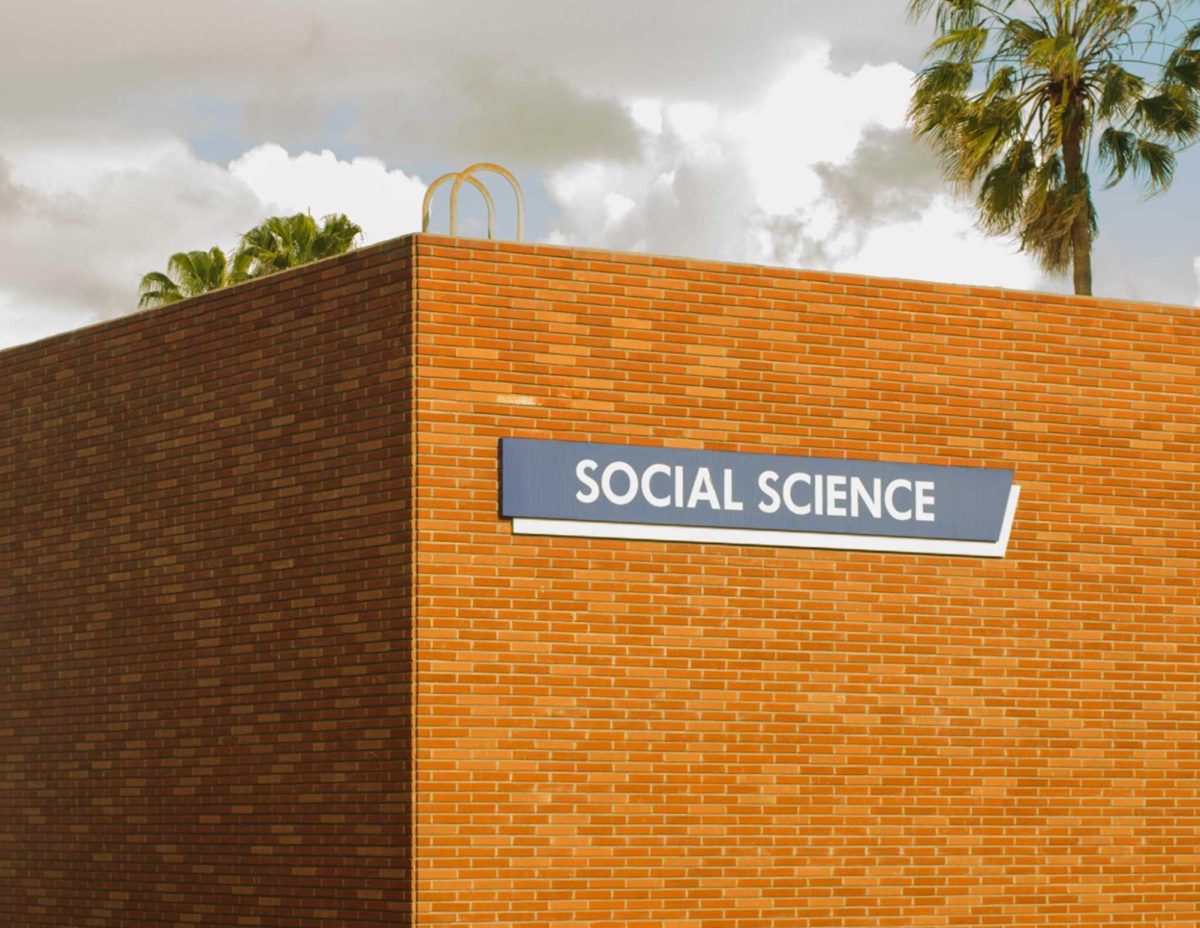Actuarial science is a new associate of science degree introduced this semester at El Camino College, which is the first community college in the country to offer this degree.
In the program, students prepare to become actuaries, which determine financial risks in industries including insurance, finance and healthcare.
“[An] actuary is a professional that models and measures risk, and risk can go in different forms,” Marlow Lemons, dean of Mathematical Sciences, said. “You can talk about risk in terms of automobile accidents, insurance, so actuaries can go in [a] variety of areas.”
Actuaries are projected to experience a 22% growth rate in the job market between now and 2033, which is significantly higher than the 4% average for all jobs, according to the U.S. Bureau of Labor Statistics.
The course load for achieving the degree at ECC includes statistics, calculus, communications, economics, human development and computer science.
“It takes courses from the Business Division, [from] the Behavioral and Social Science [Division], and it takes from Mathematical Sciences, so it is an interdivisional degree,” Lemons said.
After a total of 60 units and 16 courses, actuarial science students will be eligible to graduate, mathematics professor Robert Eleuteri said.
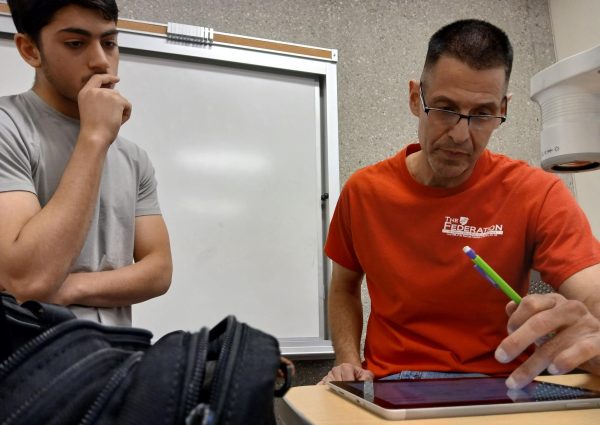
Obtaining the degree can prepare students for entry-level positions as actuaries, or more commonly, to transfer to a university in order to obtain their bachelor’s degree.
The concept behind creating the actuarial science degree at ECC began around 2022.
A representative from the Society of Actuaries, an organization which offers exams for certification and professional development programs, contacted ECC and asked them if they’ve ever considered having an actuarial science program.
Lemons said ECC realized it was a good opportunity to collaborate and build better partnerships with organizations and institutions including SpaceX, the Society of Actuaries and California State University, Fullerton.
Once the decision was set in stone to create the actuarial science degree, Ketmany Sundara, associate dean of Industry and Technology, was asked to get approval marketing data for the new program.
“I was approached by the dean and professor to ensure that it was a viable program [for the college] and that it would provide a career pathway,” Sundara said.
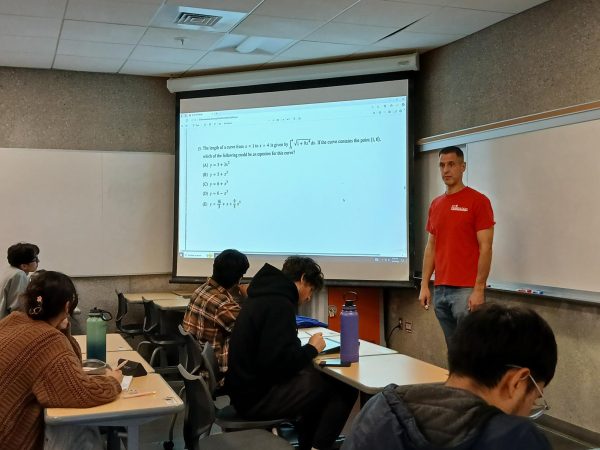
She attended a meeting held by the Los Angeles Regional Consortium, one of many regional consortiums established by the California Community College Chancellor’s Office that seek to improve career and technical education across all California community colleges.
ECC is one of 19 colleges affiliated with this consortium, and from there Sundara got the approval marketing data.
Sundara said if there is any new academic program created by one of the colleges, it needs to get LARC’s approval.
The next steps to fund this program are to petition the National Science Foundation for funds adding up to $6 million in scholarships, which will support and sustain up to an estimated 20 to 25 students yearly.
“It is a continuing technical education, which means it gets funding,” Lemons said.
The median pay for actuaries in 2023 was $120,000 a year, according to the U.S. Bureau of Labor Statistics.
“I think this is going to be a great opportunity for our students, [and] a good program for El Camino College,” Sundara said.


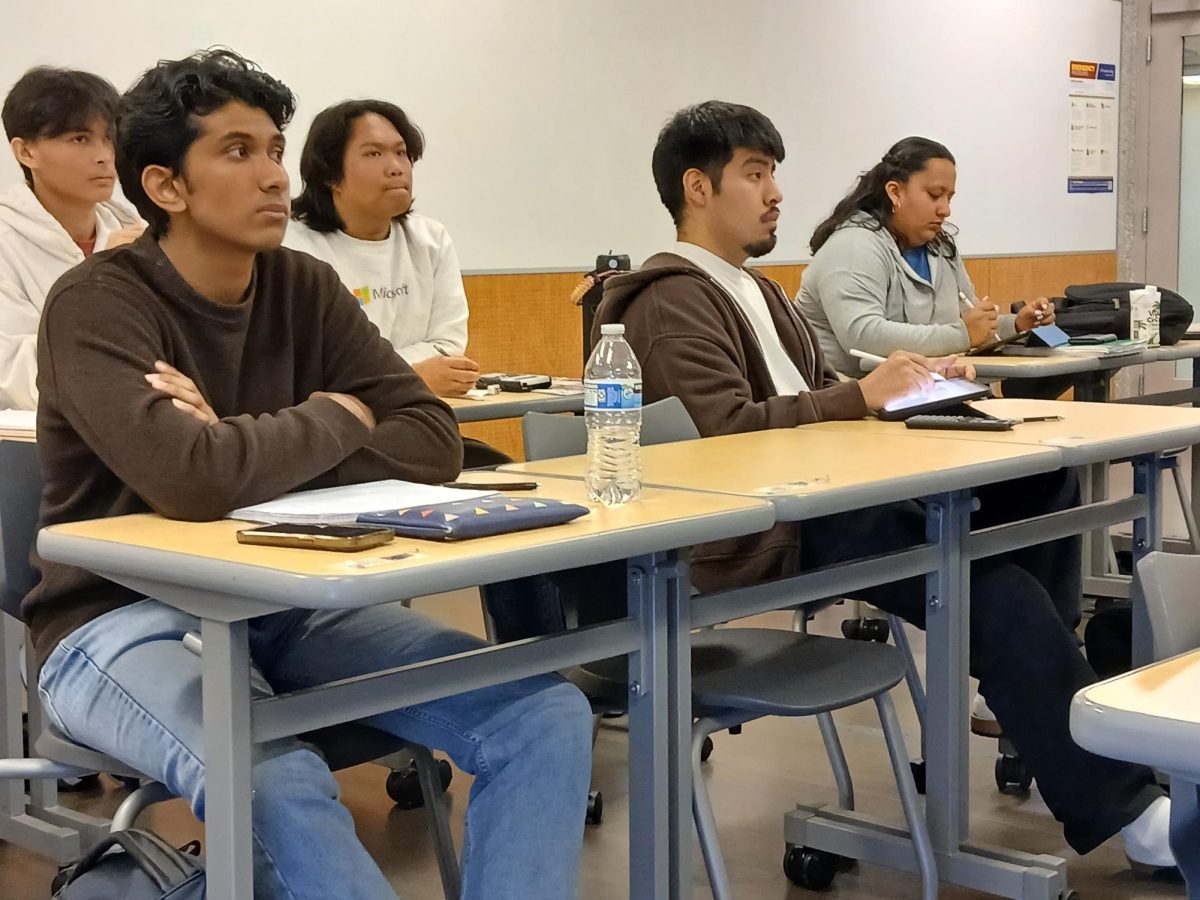

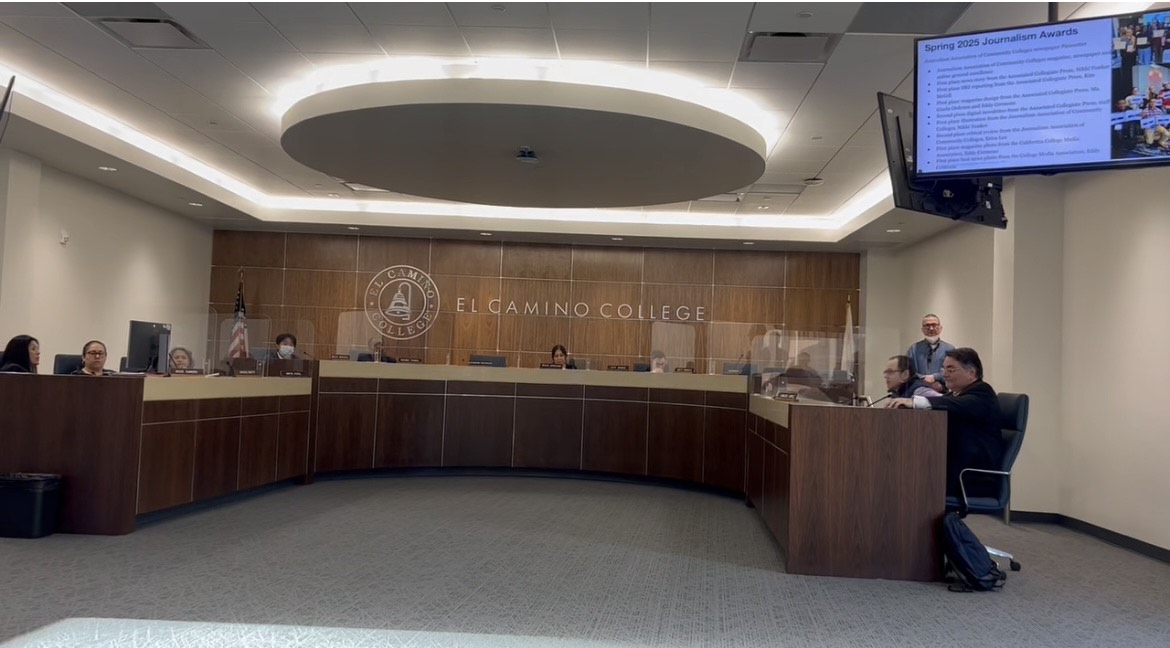

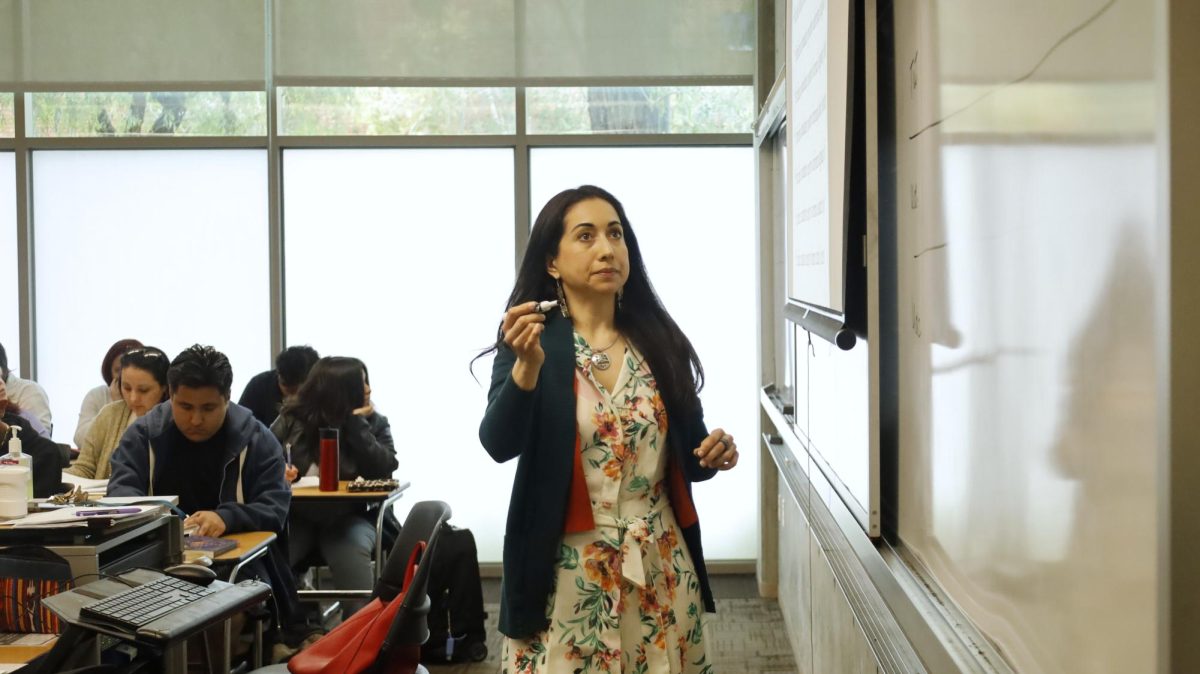
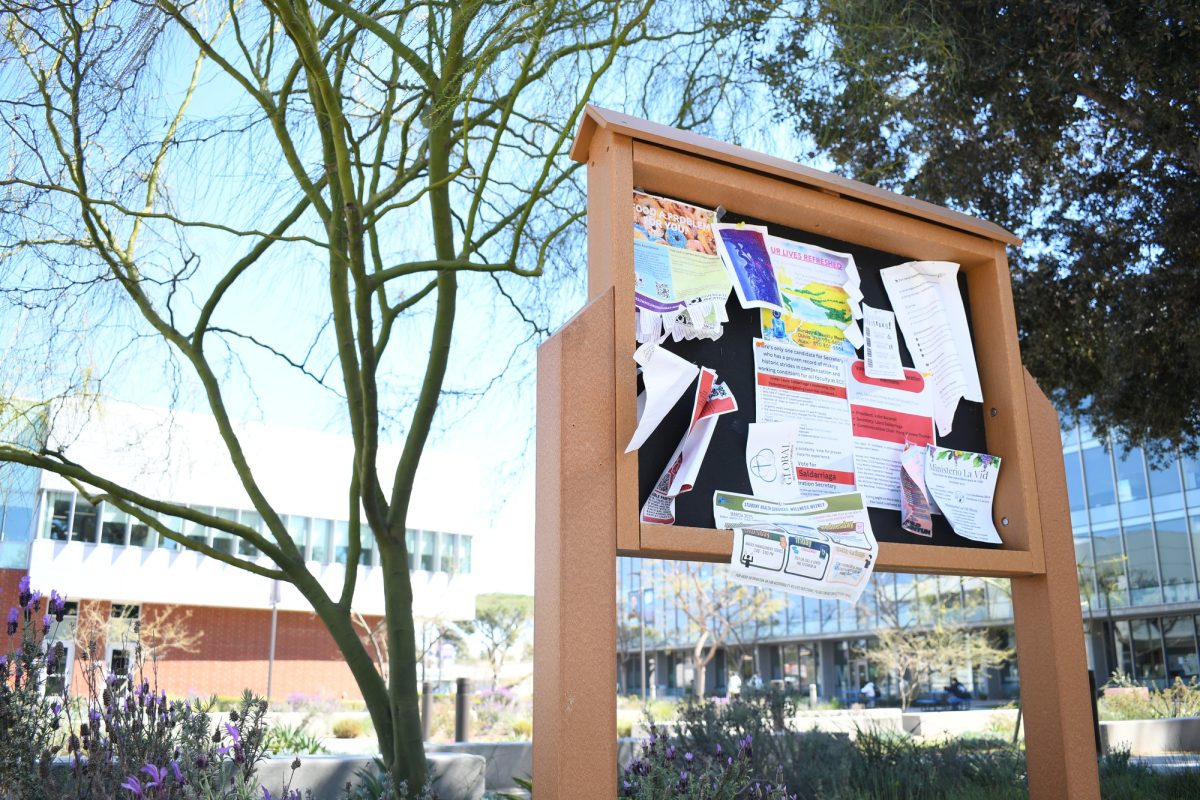
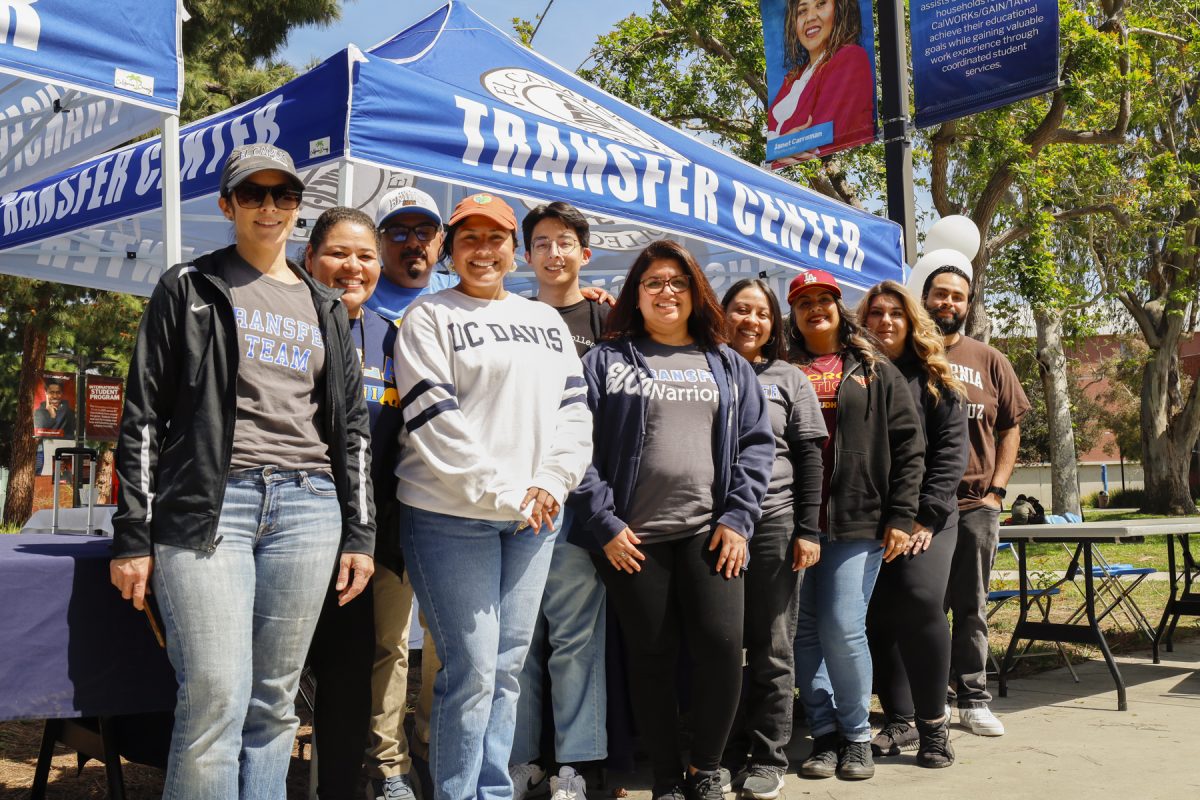
![Physics and astronomy professor Susan Stolovy presents astronomical news and updates to attendees at the first planetarium show of the semester at El Camino College on Friday, March 28. Prior to becoming a professor at ECC, Stolovy completed her doctorate in physics and worked as an astrophysicist for NASA and the California Institute of Technology on spacecraft missions. "[I'm] still very tuned into what's going on in the world of research as well, and I hope to bring a little bit of my experience into the classroom," Stolovy said. (Nikki Yunker | The Union)](https://eccunion.com/wp-content/uploads/2025/03/planetarium-Made-with-Clipchamp-3-frame-at-0m28s-1200x675.jpg)
